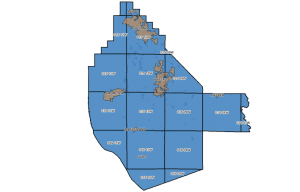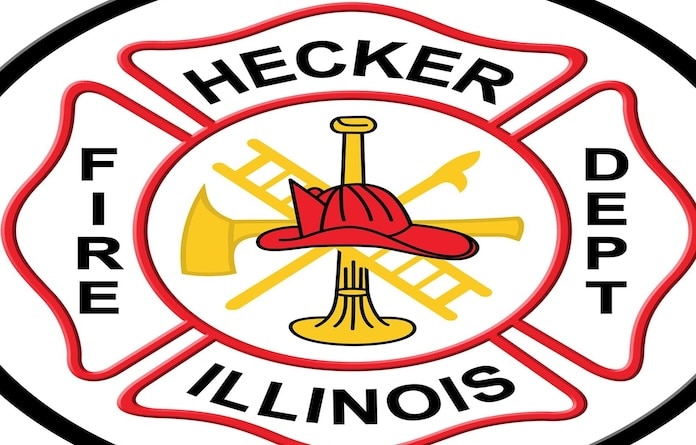State budget mess draws Obama’s ire
After nine months without a state budget, and deteriorating relationships between Republican governor Bruce Rauner and the Democrat-controlled legislature, even President Barack Obama has joined the ranks of people urging Illinois politicians to stop the in-fighting and blame games and do the jobs they were elected to — run the state.
“We’ve got to build a better politics,” Obama said. “We can’t move forward if all we do is tear each other down.”
Obama was speaking at the Capitol in Springfield Feb. 10, when he addressed the governor and general assembly.
“Today was certainly a historic day, as President Obama’s visit marked the fourth time that a sitting president has visited the capitol and addressed the general assembly,” said State Sen. Dave Luechtefeld (R-Okawville).
In addition to late income tax and motor fuel tax payments to local governments, a significant source of frustration for municipalities is the abundance of unfunded mandates.
In fact, a report written last year by a task force headed by Lt. Governor Evelyn Sanguinetti recommended ways to make local governments more efficient by allowing them to consolidate services and, even more significantly, tackled the issue of unfunded mandates and the burden they place on communities.
Unfunded mandates are directives issued to local governments by the state but without providing any money to aid in compliance with the new rules.
“Local governments must determine how to pay for these unfunded mandates, leaving fewer resources available for local governments to perform their core missions,” the Sanguinetti report read.
“Unfunded mandates often force local governments to engage in more costly activities and consequently they pass those costs to residents in the form of higher taxes or fees.”
Members of the Illinois Municipal League and Southwestern Illinois Council of Mayors agree.
“While we like the idea of … increased benefits or services, the reality is they come with a cost,” said Mark Eckert, Belleville mayor and president of the Southwestern Illinois Council of Mayors. “Here in Illinois, the costs are far exceeding what we are willing to pay and hindering the need to provide basic services.”
The Sanguinetti commission has recommended a four-year freeze on unfunded mandates and an eventual constitutional amendment banning them altogether. The writers of the report admit this would be a difficult bill to pass.
A significant barrier to passing a budget is the temporary tax surcharge passed in 2011 that expired in 2015, just before Rauner was sworn in.
The tax was passed to provide a temporary influx of funds to help the struggling Illinois economy, and when it expired in 2015, the Democrat-led legislature lobbied for a measure to make it permanent. Rauner refused unless the legislature agreed to significant changes to workers compensation, unions, and property taxes, to create what Rauner described as a pro-business environment.
The Democrats refused and the impasse was born.
The legislature and Rauner have both drafted budgets. Rauner’s included cuts to pensions, higher education and human services that the legislature refused to accept. The legislature’s budget included tax hikes and a deficit of $4 billion. Neither side would consider the other’s budget.
And the impasse continues.
And the debt piles.
And no one knows when or how it will end.






